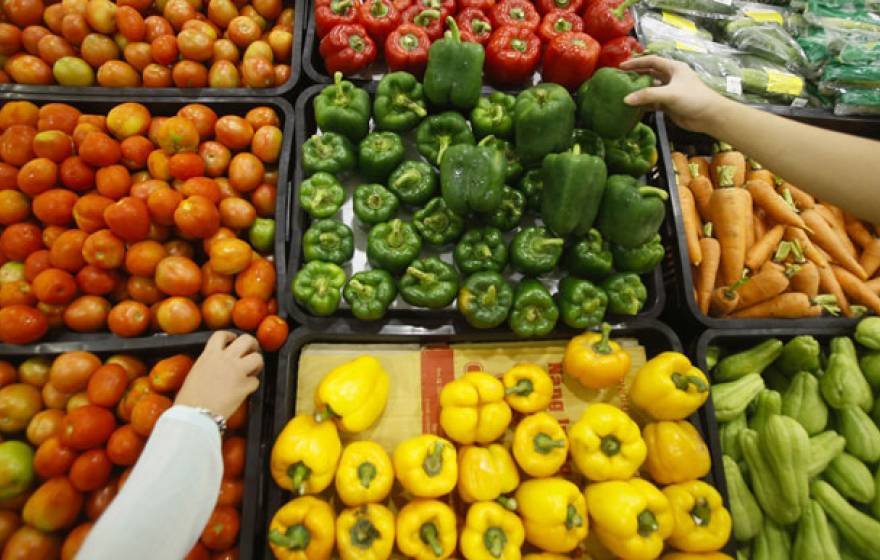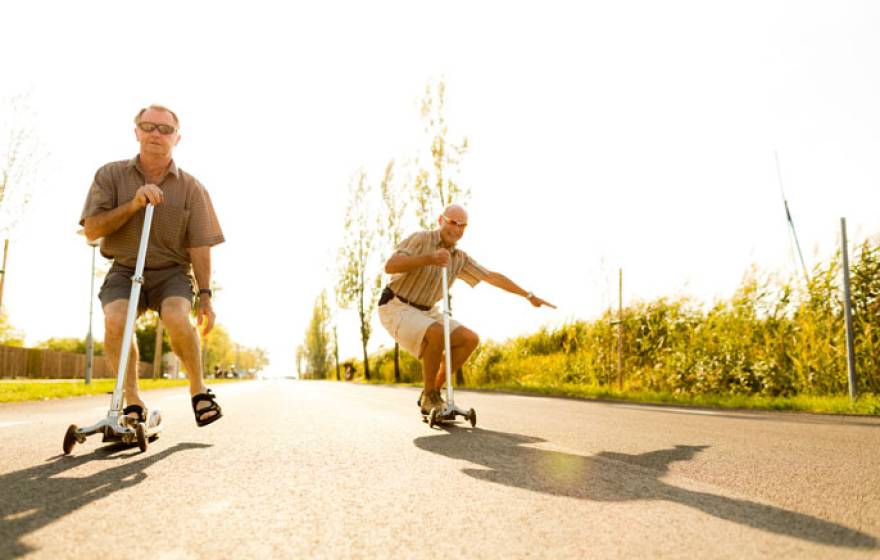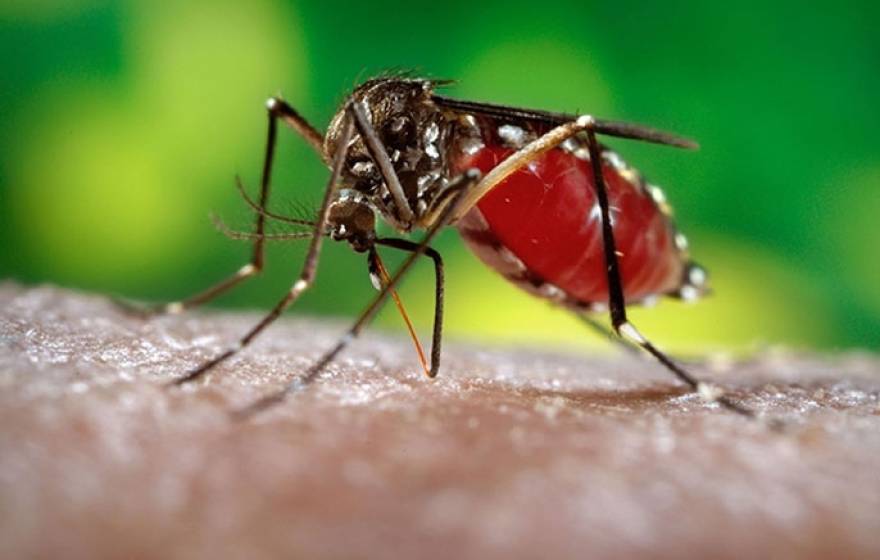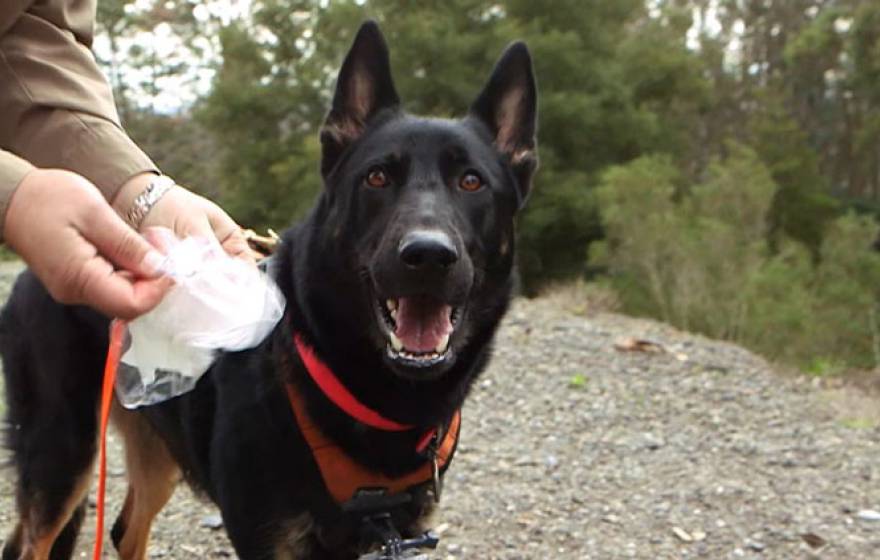Journey into the UC Santa Barbara Nature Reserves as the nation marks the National Park System centennial.
'All this rugged beauty'
Scientists now know the brain chemistry behind Pavlov’s famous dog experiment
What's happening on a chemical level when we make decisions? UCLA and UC San Diego find out.
MRI scans may be able to diagnose CTE in living patients
Disease known for affecting football players has been confirmable only in autopsies — until now.
Is the 'midlife crisis' a myth?
Despite physical ailments, scientists find that older adults are happier.
Soda tax linked to drop in sugary beverage drinking
New law produces a 21 percent decline in soda consumption in Berkeley neighborhoods, study finds.
Why are we so afraid to leave children alone?
New research suggests social pressure exaggerates our fears about unsupervised children.
Researchers develop safer opioid painkiller from scratch
New compound, tested in mice, could reduce overdoses and possibly curb addiction.
Warming world may put most cities off-limits for summer Olympics
Scientists project only three cities in North America could host the games by 2085.
UC leads Zika carrier research
Scientists aren't waiting for the first breakout to ready the state against disease.
How search-and-rescue dogs find you
A neuroscientist on the olfactory secrets that transform certain animals into superior trackers.
Latinos age slower than other ethnicities, UCLA study shows
Slower aging rate helps neutralize health risks related to obesity and inflammation.
UC Irvine physicists discover potential fifth force of nature
If confirmed, breakthrough would "completely change our understanding of the universe."











